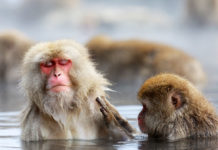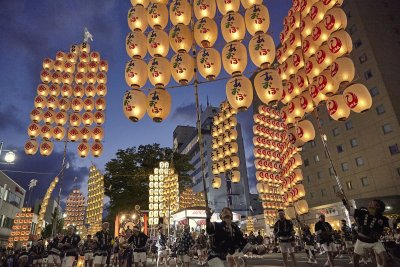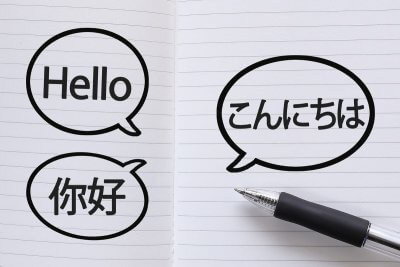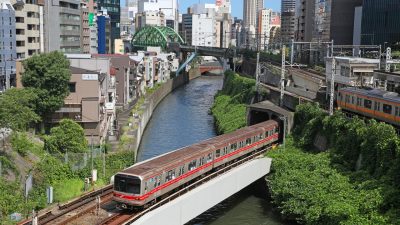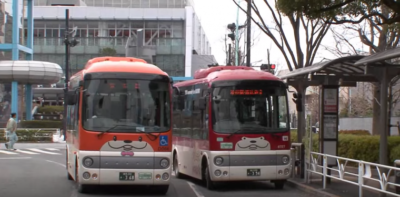In Japan, there are a surprising amount of Japanese onomatopoeia that buzz around in daily conversations. Using helpful Japanese onomatopoeia can help you paint a vivid picture with words adding color to your conversations, even if you are not fluent in Japanese. These important words are powerful tools and fun to use!
To the untrained ear, these may seem like random sounds out of a Japanese anime, but these onomatopoeia are what breathe life into the language. Probably no other language has more words that mimic sounds of animate and inanimate objects and various states of conditions of the world. You may notice that they are often made up of a couple repeating syllables, forming a 4-character string of hiragana or katakana. Let’s learn some common Japanese onomatopoeia and mimetic words!
Examples of Giongo Japanese Onomatopoeia?

Giongo in Japanese are the purest examples of what we call onomatopoeia and represent actual sounds that are made by inanimate objects and nature. You will often see giongo Japanese words scrawled dramatically across the page in your favorite manga. From a gentle rustle to clanging metallic sounds, giongo are helpful descriptive onomatopoeia to communicate.
Goro-goro (ごろごろ): Rumbling
Just try saying “goro-goro” without instinctively lowering your voice and you’ll agree that this is the perfect word to conjure images of heavy boulders rolling along or the dramatic rumbling of thunder.
Tata-tata (タタタタ): Running
“Tata-tata” works perfectly as a Japanese onomatopoeia to describe someone or something dashing at full speed as quick feet hit the ground one after the other at full acceleration! Go ahead and see how fast you can rattle off this Japanese onomatopoeia in succession and you’ll realize how well it fits the action it is describing.
Butsu-butsu (ぶつぶつ): Mumbling
The Japanese onomatopoeia “butsu-butsu” is used to describe a mumbling sound. If a character is speaking in a low, inaudible voice, you may see “butsu-butsu” written above their head.
Examples of Gitaigo Japanese Mimetic Words?
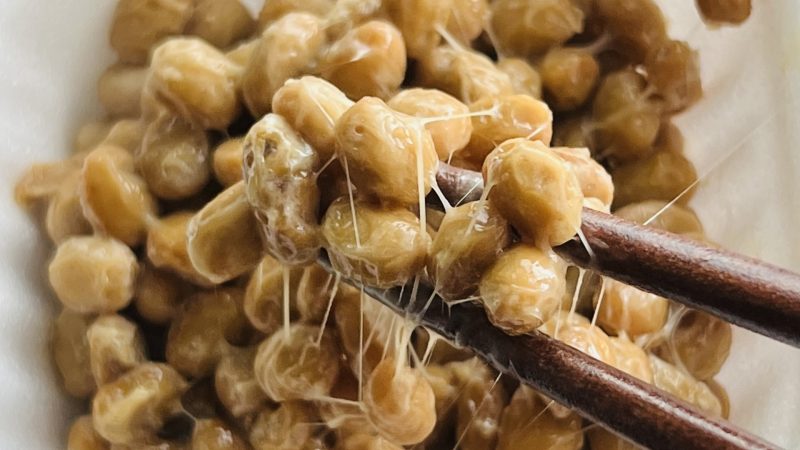
Gitaigo (擬態語) are words that mimic or represent an emotion, situation, or state of being. In Japan, it is common to hear people using sounds to express their feelings or emotions, such as “ira ira suru” when irritated, or “pika pika” to describe a shiny object.
Waku-waku (わくわく): Excitement
The Japanese sound word “waku-waku” is used as a verb to express uncontainable excitement or anticipation for something. With “waku-waku” you can imagine a lively group of young people hanging out or celebrating together.
Moya-moya (もやもや): Foggy
The Japanese word “moya-moya” is used as a verb to describe a foggy space, cloudy memory, or an overcast mood. When saying “moya-moya” you can feel the atmosphere changing as the sound lazily hangs in the air.
Neba-neba (ねばねば): Sticky
“Neba-neba” is the Japanese word used to describe something that is sticky is viscous. A perfect example are Japan’s infamous fermented soy beans, natto.
Examples of Giyougo Japanese Mimetic Words?

In Japanese giyougo are mimetic onomatopoeia that are used to describe movements. Imagine some clamoring around, walking nervously back-and-forth, or drowsily nodding off.
Uro-Uro (うろうろ): Wandering
The Japanese mimetic word “uro-uro” sounds sluggish, making it the perfect world to describe someone wandering around aimlessly.
Uto-Uto (うとうと): Nodding off
After a long day’s work, you may catch passengers fighting off sleep on the train. The Japanese mimetic word “uto-uto” is used to describe the motion of someone nodding off.
Noro-Noro (のろのろ): Slowly moving
The Japanese word “noro-noro” brings to mind the image of a lazy snail crawling by slowly. You can use “noro-noro” in a situation to describe someone or something that is moving sluggishly.
Be it the language that shapes the culture or the culture that forms the word, learning about everyday speech in Japanese is a window into the culture. Now that you know a few Japanese onomatopoeia and how to use them, you can start recognizing them more easily in conversations.
 0
0











